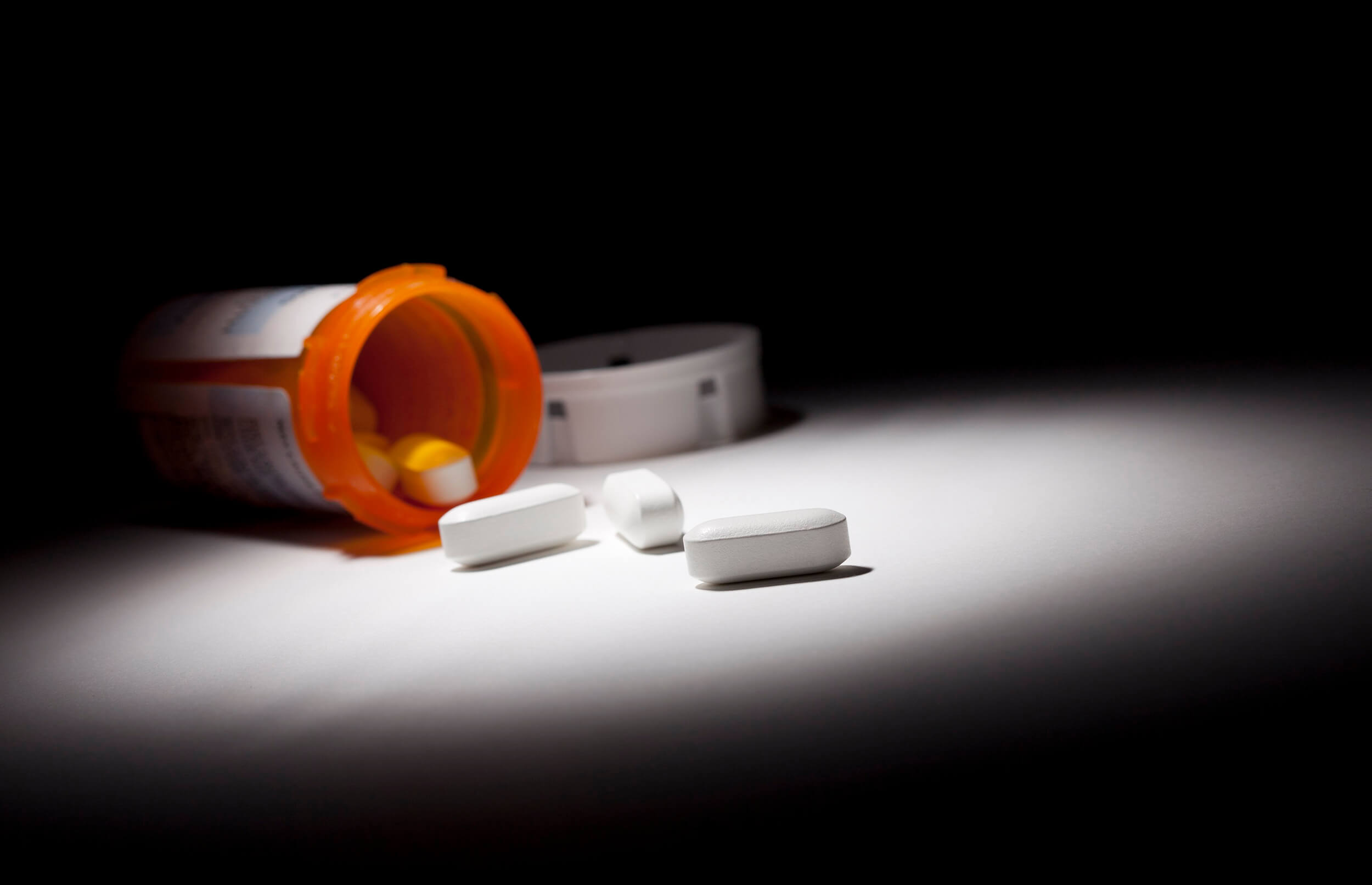
If you’ve seen the news, you are probably aware that there some drugs are becoming more difficult to find as medication shortages continue. You might be one of our customers and you have experienced the frustration of not being able to receive your prescribed medication or having to use a generic alternative.
Some of the reasons for the short supply of medication are down to the shortage of raw materials, manufacturing problems, and delays in shipping and distribution. That’s because while some medicines are manufactured in the UK, others aren’t. A lot of the medicines we use come from India, or elsewhere in Europe.
Generic drugmakers are often constricted by NHS contracts which are squeezing profit margins on medication. This isn’t helped by the government’s new rebate tax scheme. Last year companies paid back 5.1 per cent. This year it was 15% and in the coming year, it could be as much as 30%.
It means that some generic drugs will become loss-makers. If this is the case then the manufacturers will withdraw the drug from the market.
When there is an increased demand for some medications, the manufacturers can struggle to meet the demand. This means that chemists aren’t able to access certain medications. The cause of higher demand can be due to an outbreak of an illness. Such as the antibiotics needed to treat the recent Strep A outbreaks.
Or it could be because doctors are now prescribing medication in 3 or 4-month batches. This is instead of one month. Although supplying in advance is common for people living with a medical condition such as Addison’s disease or epilepsy. In these cases running out of medication can be dangerous.
A typical example of a drug that came into short supply last year was HRT. NHS England data confirmed that prescriptions for HRT have more than doubled over the past five years. This meant supply hasn’t been able to keep up with demand.
Then there are the delays when a manufacturer recalls drugs due to a problem and the medication becomes unavailable. Or due to a manufacturer losing their licence to sell a particular drug. This happens if a certain medication hasn’t been available in the market for a period of three consecutive years and it’s called the ‘sunset clause.’
Another cause for delay could be due to the length of time it is taking to authorise new drugs to market. It is said to be taking between 18 months and 2 years to get an approved drug out for sale, which is a long time to wait.
We are doing the best we can under very difficult circumstances. In fact, we are working around the clock to ensure you get your prescription. We understand the frustration and fear of people unable to access their usual medication, but please understand we are working in an unusually difficult environment and we appreciate your patience.
If we are unable to supply your usual medication, we will either give you part of your prescription and then ask you to come back at a later date for the rest. Or we ask GPs to prescribe other drugs as an alternative. We also spend a lot of time ringing around suppliers to try and obtain stocks that are in short supply.
Speak to your doctor if you are worried about your medication. If there are shortages, they should be able to recommend a safe alternative.

To provide the best experiences, we and our partners use technologies like cookies to store and/or access device information. Consenting to these technologies will allow us and our partners to process personal data such as browsing behavior or unique IDs on this site and show (non-) personalized ads. Not consenting or withdrawing consent, may adversely affect certain features and functions.
Click below to consent to the above or make granular choices. Your choices will be applied to this site only. You can change your settings at any time, including withdrawing your consent, by using the toggles on the Cookie Policy, or by clicking on the manage consent button at the bottom of the screen.